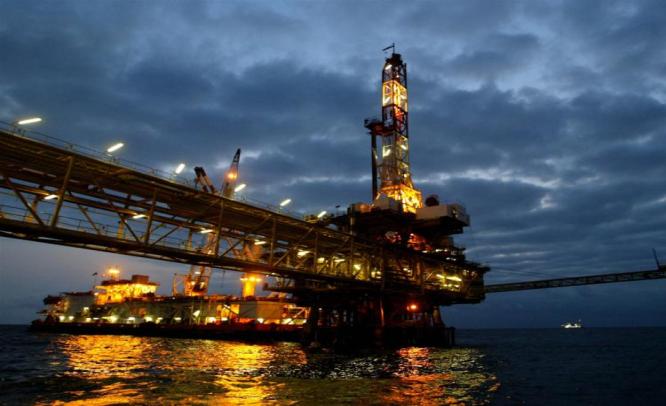Angola’s GDP growth has increased from 3.9 % in 2011 to an estimated 7.9 % in 2012. It is expected to record a GDP growth of 8.2 % in 2013 and 7.8% in 2014.
16th June 2013
Despite a rapidly growing economy due its abundance in oil reserves and post war reconstruction, Angola ranks in the bottom 10% of the most socio economic indicators. The country is still recovering from the 27 years of continuous warfare and slowly beginning to tackle problems of corruption, mismanagement of public funds and a lack of transparency. It was ranked 148 out of 169 countries on the 2011 UN Development Program’s Development Index (UNDP). Agriculture accounts for 80% of the workforce. Two years ago, it was an arduous 12 hour drive to its northern provincial capital, Uige. It was a 12 hour ordeal, with tire blowing potholes and horrific roads. Things are slightly better now, thanks to Angola’s surging oil production, the journey takes half the time. The construction boom has seen improvements in its infrastructure. Hundreds of workers are rebuilding roads, airports, bridges and railways that were reduced to shambles during the three decades of civil war. The improvements in its infrastructure are being welcomed by the people. Angola’s huge oil reserves are helping it in big ways. It is pumping around 1.87 million barrels a day, the second highest after Nigeria. The IMF is predicting a growth of 24 percent to the civil war ravaged African country. However the standard of living is one of the worst in the world. The poverty rate is abysmal; analysts at the Catholic University of Angola Research say that two out of three Angolans live on less than $2 per day. Angolans are living in worst possible conditions with high infant mortality rates, drinking water which is not fit for consumption, illiteracy and other problems.
Angola is planning to merge agencies for tax collection and customs by 2017 with a view to reduce its dependence on petroleum, according to an analyst from the London School of Economics. Tariffs on oil accounted for 80 percent of the tax revenue this year. Emily Anderson, a researcher at LSE said the government is integrating its agencies to help boost tax earnings from non oil industries to 20 percent of GDP within four years.
“The Angolan Government has relied on revenues from the easy to tax oil industry, said Anderson who is writing a book on post civil war tax reforms in Mozambique and Angola. “The tax base here remains very narrow and increasing receipts from other sectors will be critical for maintaining stability”. Angola is seeking to rebuild its $ 114 billion economy after 27 years of civil war which ended in 2002.
$ 1 Billion Aid from Japan
The Japanese Bank for International Co-operation has provided Angola with a $ 1 Billion credit line to pay for the upgrade, according to the website of Asian country in the African nation. It is spending the money to revamp three fabric plants that will generate employment for 2,700 people as per details obtained from Marubeni Corp which is Japan’s biggest trader of grains and food products and in charge of rehabilitating the factories. “Reconstruction of the $ 270 million, Textang facility will produce 9 million meters of fabric annually, which will be completed in two months. Managing Director of Marubeni’s Angolian unit, Koichi Nagasima said from Luanda in an interview to the electronic media”.
The Oil boom
The Angolan crude oil is likely to outshine Nigerian barrels in the coming months. Oil and gas account for 80 percent of Nigerian government revenues and 90 percent of foreign exchange earnings. Oil giant Total will start production at the new $ 10 billion deep water oil fields in Angola by next year, the company announced on Thursday. The project would significantly boost production from Angola. Total already produces a third of Angola’s 1.8 million barrels output daily. “Total produces over 600,000 barrels of oil a day in Angola and this figure will increase next year when the project starts production”, Jean Michel Lavergne told in a news conference. Once the project is completed, thirty four undersea oil wells north west of the capital Luanda will link to the country’s first offshore oil platform.
Germany has also signed a ‘strategic partnership’. The partnership would make it easier for German companies to gain access to the oil rich African country. However, the German-Angolan alliance is not developing as quickly as it even after two years after its inception. This was the general impression conveyed at the German African Business Association. Nearly 50 German representatives and 200 officials from Angola discussed current projects and investment opportunities in the fields of construction, infrastructure, agriculture and energy supply.

